نقد و بررسی
مبانی نظری و پیشینه پژوهش سازگاری تحصیلی با منابع 2024-2025فهرست مطالب:
- مفهوم سازگاری
- دیدگاه های نظری درباره سازگاری
- انواع سازگاری
- سازگاری تحصیلی
- دیدگاه نظریه پردازان در سازگاری تحصیلی
- منابع فارسی
- منابع غیر فارسی
بخشی از محصول
سازگاری تحصیلی مجموعه واکنشهایی است که به واسطهی آن دانشآموز آماده میشود تا پاسخی هماهنگ با شرایط محیط مدرسه و پاسخهایی که در آن محیط از وی انتظار میرود، ارایه نماید. رضایت از مدرسه، حضور و مداومت بر آن، پیشرفت تحصیلی، مورد علاقهی معلم بودن، رقابت با سایر دانشآموزان و نظر مساعد مسئولان مدرسه نسبت به عملکرد دانشآموزان از نمونههای سازگاری تحصیلی بهشمار میروند (آلنی و همکاران، 2020).
مفهوم «سازگاری» در علم مادی و منطبق علمی از اصل «انتخاب طبیعی» داروین نشأت گرفته است. «انتخاب طبیعی» در منطق داروینی به موضوع سازوکاری در طبیعت که علت «وجود» یک نوع معین از جانداران را در فضای طبیعت توجیه می¬کند، اشاره دارد. «انتخاب طبیعی» بر این اصل تکیه دارد که همیشه ممکن است انواع جدیدی از جانداران از سلاله¬ی جانداران دیگر پدید بیایند، ولی آن دسته از جانداران پدید آمده باقی می¬مانند وفراوان می¬شوند که شرایط بدنی مناسبی برای زندگی در محیط زندگی خود داشته باشند(بوفتون و همکاران، 2023).
منابع فارسی
Non-Persian References
- Taoyu, W., Deng, J., Liang, Y. (2025). Abstractive summarization-based academic paper title drafting. CCF Trans. Pervasive Comp. Interact https://doi.org/10.1007/s42486-024-00173-w
- Nezhadasadi, M., Safarzadeh, S.(2024). Relationships of optimal online learning with academic aptitude, effort, and context mediated by academic adjustment. Curr Psychol 43, 27582–27589 . https://doi.org/10.1007/s12144-024-06415-5
- Bufton, S. (2023). The lifeworld of the university student: Habitus and social class. Journal of Phenomenological Psychology, 34(2), 207–234. Retrieved from https://www.proquest.com/scholarly-journals/lifeworld-university-student-habitus-social-class/docview/211502851/se-2?accountid=13828. Accessed 6 Jul 2023
- Crompton, H. & Burke, D. Artificial intelligence in higher education: The state of the field. Int. J. Educ. Technol. High. Educ. 20, 22. https://doi.org/10.1186/s41239-023-00392-8 (2023).
- Kazi, T. et al. Impact of ChatGPT on academic performance among Bangladeshi undergraduate students. Int. J. Res. Sci. Eng. https://doi.org/10.55529/ijrise.35.18.28 (2023).
- Tlili, A. et al. What if the devil is my guardian angel: ChatGPT as a case study of using chatbots in education. Smart Learn. Environ. 10, 15. https://doi.org/10.1186/s40561-023-00237-x (2023).
- Carney, S. (2022) ‘Reimagining our futures together: A new social contract for education’, Comparative Education. Routledge, 58(4), pp. 568–569. https://doi.org/10.1080/03050068.2022.2102326.
- Easterbrook, M. J., Nieuwenhuis, M., Fox, K. J., Harris, P. R., & Banerjee, R. (2022). ‘People like me don’t do well at school’: The roles of identity compatibility and school context in explaining the socioeconomic attainment gap. British Journal of Educational Psychology, 92(3), 1178–1195. https://doi.org/10.1111/bjep.12494
- Dodd, R. H., Dadaczynski, K., Okan, O., McCaffery, K. J., & Pickles, K. (2021). Psychological wellbeing and academic experience of university students in Australia during COVID-19. International Journal of Environmental Research and Public Health, 18, 866. https://doi.org/10.3390/ijerph18030866
- Ngubane, N. and Manyane, M. (2021) ‘Ubuntu pedagogy – transforming educational practices in South Africa through an African philosophy: from theory to practice’, Inkanyiso, 13(1), pp. 1–12
- Amiot, C. E., De la Sablonniere, R., Terry, D. J., & Smith, J. R. (2007). Integration of social identities in the self: Toward a cognitive-developmental model. Personality and Social Psychology Review, 11(4), 364–388. https://doi.org/10.1177/1088868307304091
- Chemers, M. M., Hu, L. T., & Garcia, B. F. (2001). Academic self-efficacy and first year college student performance and adjustment. Journal of Educational Psychology, 93(1), 55. https://psycnet.apa.org/doi/10.1037/0022-0663.93.1.55. Accessed 6 Jul 2023
- Biggs, J. (1999). What the student does: Teaching for enhanced learning. Higher Education Research & Development, 18(1), 57–75. https://doi.org/10.1080/0729436990180105
- Brewer, M. B. (1991). The social self: On being the same and different at the same time. Personality and Social Psychology Bulletin, 17(5), 475–482. https://doi.org/10.1177/0146167291175001
- Biggs, J. B. (1988). Assessing student approaches to learning. Australian Psychologist, 23(2), 197–206. https://doi.org/10.1080/00050068808255604
- Aelenei, C., Martinot, D., Sicard, A., & Darnon, C. (2020). When an academic culture based on self-enhancement values undermines female students’ sense of belonging, self-efficacy, and academic choices. The Journal of Social Psychology, 160(3), 373–389. https://doi.org/10.1080/00224545.2019.1675576
- Bremner, N. (2020). The multiple meanings of “student-centred” or “learner-centred” education, and the case for a more flexible approach to defining it. In Comparative Education (pp. 1–28). Routledge.
- Ofosu-Ampong, K. et al. Acceptance of artificial intelligence (ChatGPT) in education: Trust, innovativeness and psychological need of students. J. Inf. Knowl. Manag. 13, 37–47. https://doi.org/10.7176/IKM/13-4-03 (2023).
- Simonsen, I. E., & Rundmo, T. (2020). The role of school identification and self-efficacy in school satisfaction among Norwegian high-school students. Social Psychology of Education, 23(6), 1565–1586. https://doi.org/10.1007/s11218-020-09595-7
- Tilak, J. B., & Kumar, A. G. (2022). Policy changes in global higher education: What lessons do we learn from the COVID-19 pandemic? Higher Education Policy, 35(3), 610–628. https://doi.org/10.1057/s41307-022-00266-0
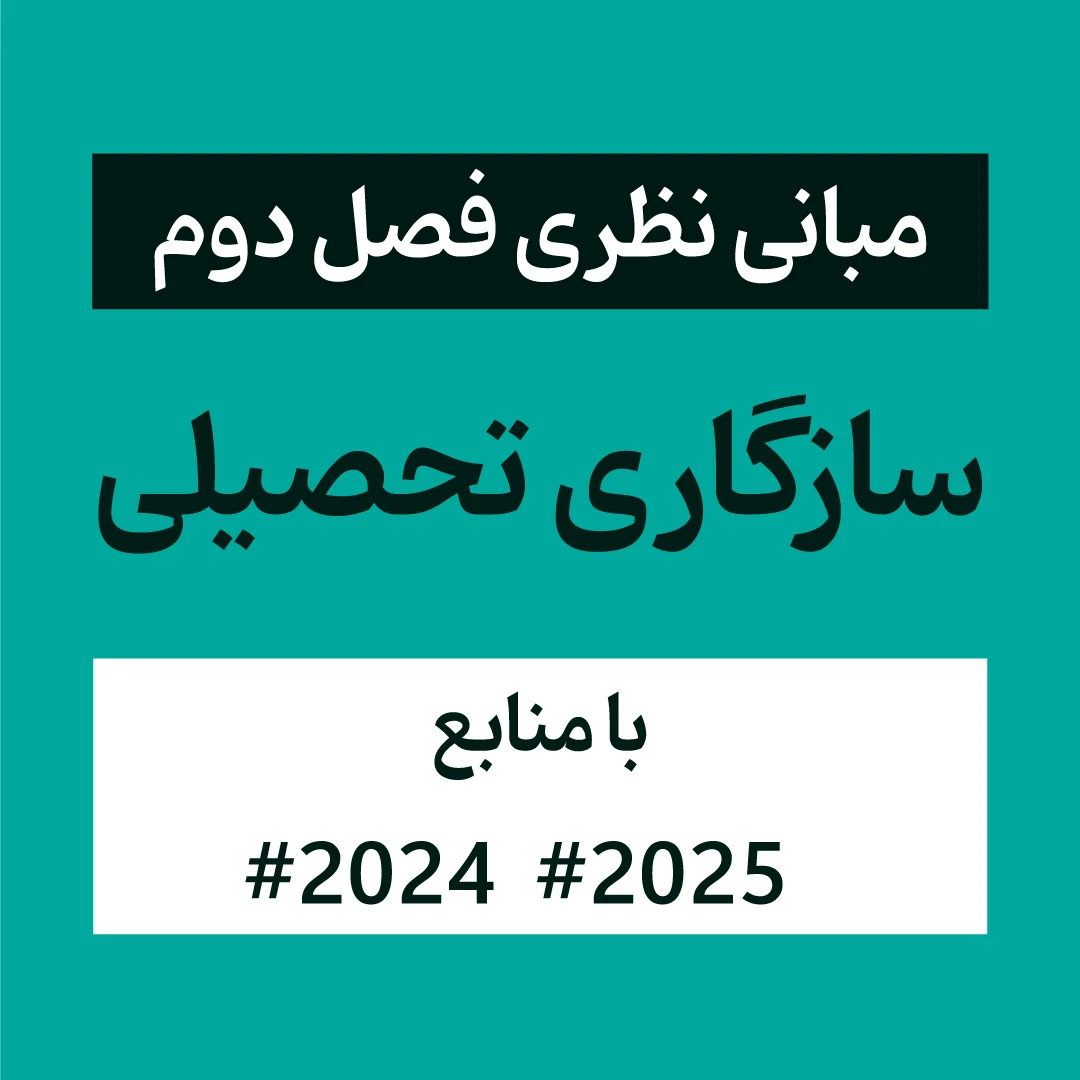
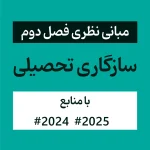
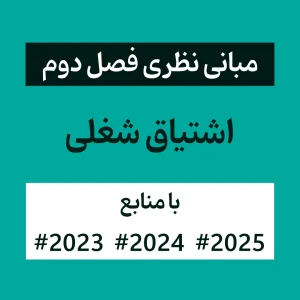
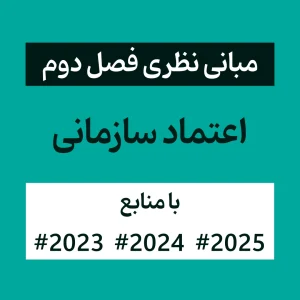
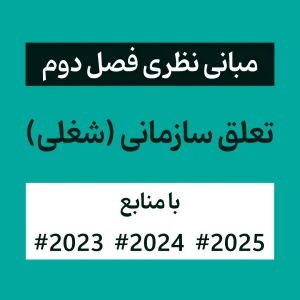
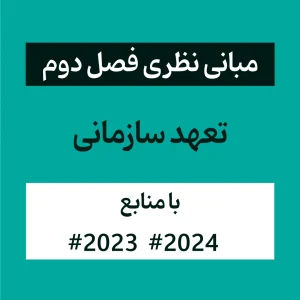
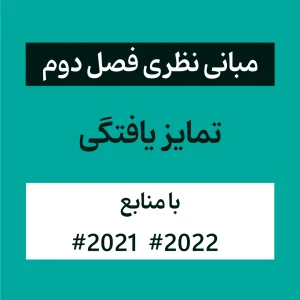

0دیدگاه